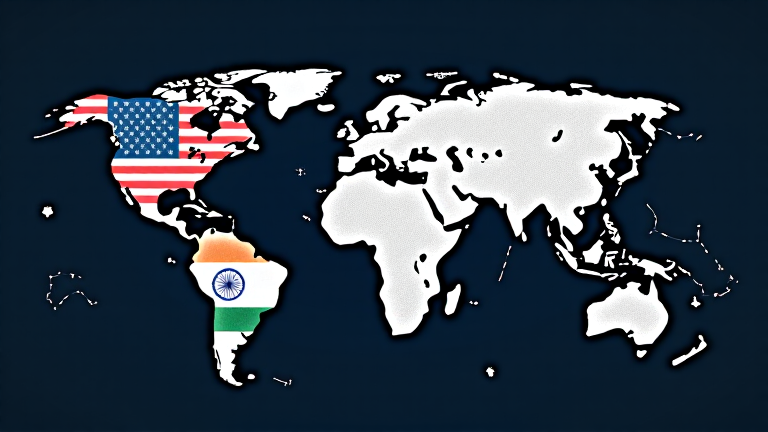
Introduction
Google’s latest policy adjustments on Diversity, Equity, and Inclusion (DEI) have been designed specifically for the United States. Karan Bhatia, Google’s Global Head of Government Affairs and Public Policy, emphasized that these changes respond directly to recent legal and regulatory shifts in the US. While the move is US-specific, the implications have sparked broader conversations about technology, data laws, and artificial intelligence globally.
US-Centric Policy Adjustments
During a recent discussion, Bhatia stated, "We are a global company, and part of being global is having a workforce that understands the local environments in which we operate." He explained that the adjustments to DEI programs were tailored to meet new requirements and policy changes in the US. This strategy underlines the necessity for policies that resonate with the particular legal landscapes of the regions in which Google operates.
Global Data Privacy and Regulatory Alignment
A significant portion of the debate centers around data privacy laws, particularly in the context of India’s Digital Personal Data Protection Act. Bhatia underscored the importance of aligning local regulations with international standards, noting that:
- Multiple bespoke regulations across different jurisdictions create hurdles for tech companies.
- Tailoring product design to meet diverse regional requirements can compromise efficiency and innovation.
He elaborated that the constant need to modify platforms for each jurisdiction may ultimately disadvantage users worldwide. This complexity highlights the need for more unified global norms in managing data privacy and digital rights.
The AI Opportunity and International Collaboration
Bhatia also brought attention to artificial intelligence as a transformative tool, especially for emerging economies like India. He mentioned that AI has the potential to revolutionize various sectors, ranging from agriculture to manufacturing and services. For AI to be truly effective, models must be developed using diverse data—an endeavor that requires collaboration across borders. In this context, countries’ copyright frameworks need to support the data ingestion necessary for robust AI model training.
Key Points on AI and Global Regulations:
- Diverse Data Representation: AI models require data that reflect the variety of social and cultural contexts across different nations.
- Copyright Considerations: There is a pressing need for legal clarity that balances the rights of creators with the demands of data-intensive AI approaches.
- Harmonized Regulation: Effective AI regulation demands international coordination, ensuring that risk prevention does not stifle technological opportunity.
Strengthening International Ties
Prime Minister Narendra Modi’s recent visit to the US, following the Paris AI Action Summit, underscores the growing importance of technology in international relations. The visit is a testament to the significance of global dialogue on tech advancements and collaborative regulation, further intensifying US-India ties.
Conclusion
Google’s strategy reflects a pragmatic approach: adapt policies to local legal landscapes while advocating for global standards in both data protection and AI regulation. The company’s stance is clear—innovation must not be hindered by a fragmented regulatory environment. In a world where technology and international collaboration go hand in hand, aligning local policies with international norms becomes ever more critical.
By focusing on these challenges, Google aims to harness AI’s transformative potential while ensuring that its products meet the expectations and legal requirements of diverse markets.
Note: This publication was rewritten using AI. The content was based on the original source linked above.